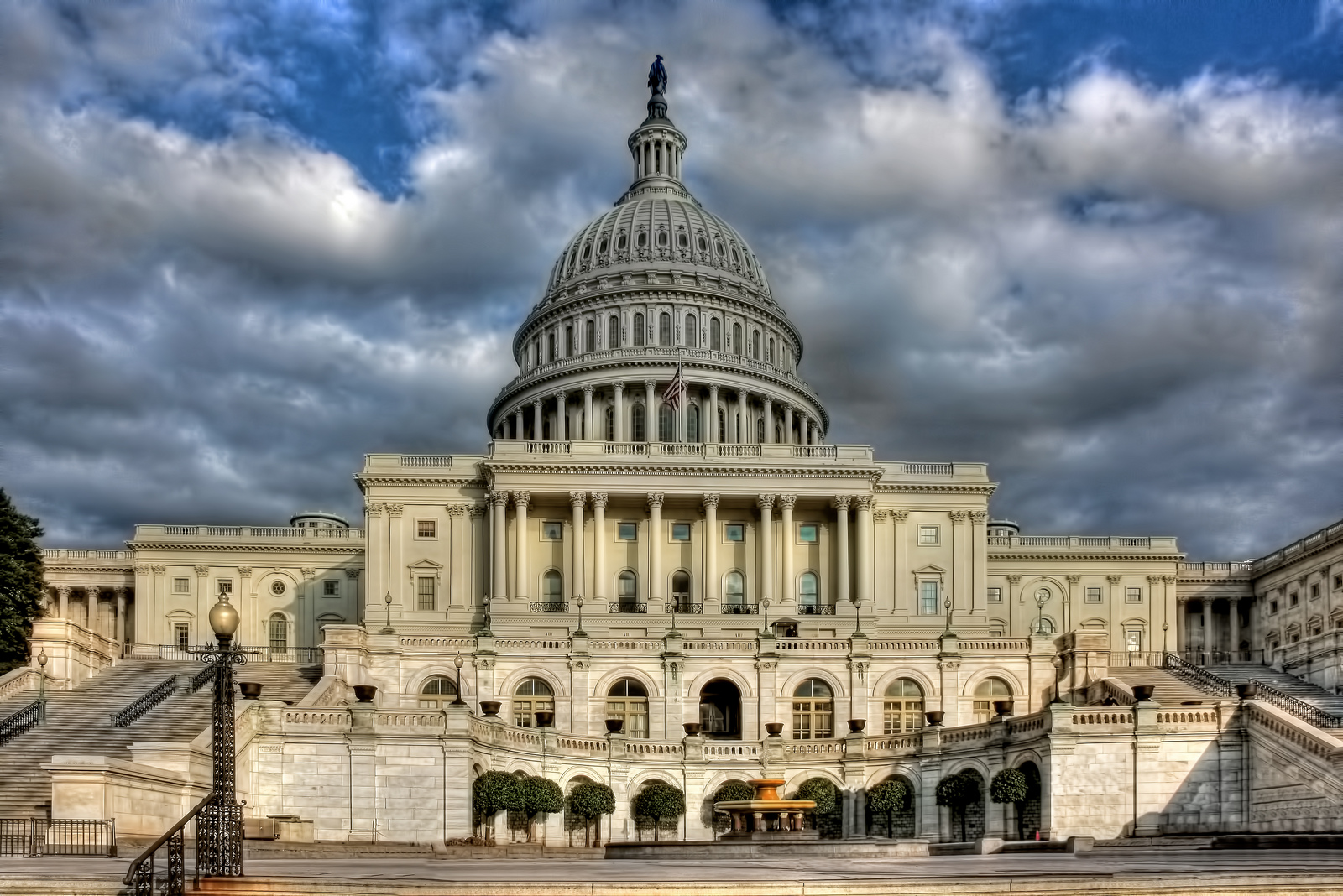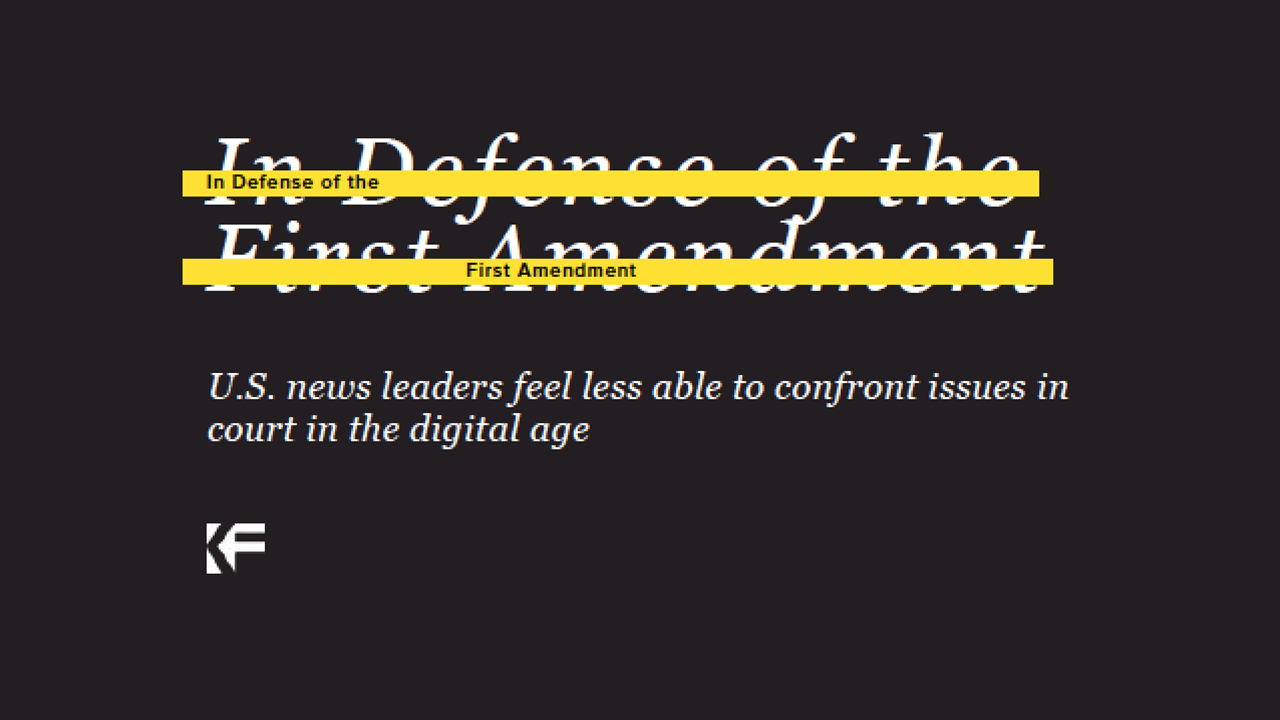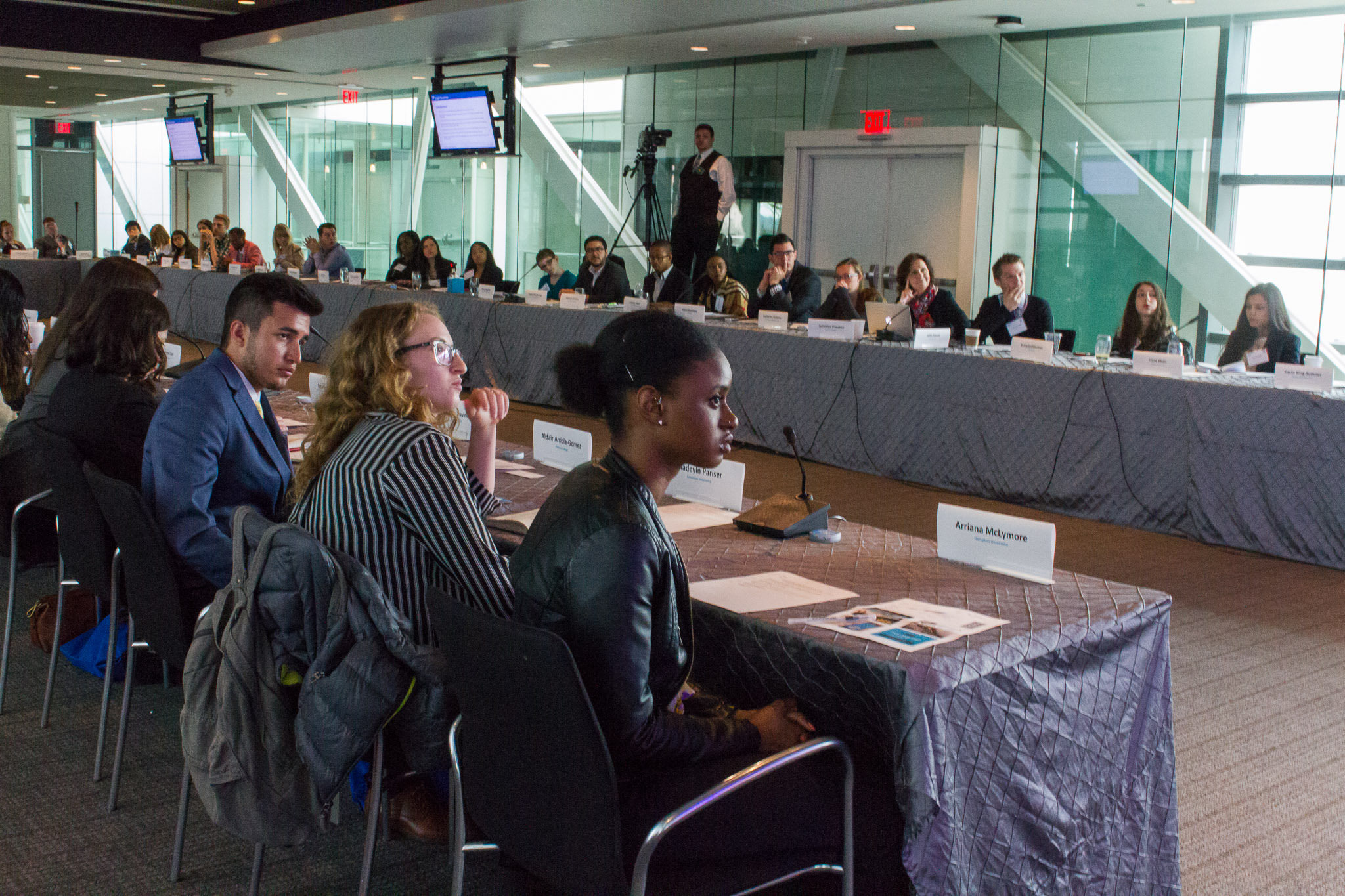
A shadow on freedom of information
As Sunshine Week kicks off today, reminding us that we the people have the right to access public information, a new report sponsored by Knight Foundation warns that obtaining government records has become more difficult in the last four years at both the state and national level.
In “Forecasting Freedom of Information,” the work of University of Arizona associate professor of journalism David Cuillier, a survey of 300 people–journalists, advocates, record custodians, technology companies, scholars and freedom of information experts–revealed lengthy delays, ignored requests, excessive fees and, in many cases, an unwillingness to consider producing government records because of outmoded technology.
Nine out of 10 of the people surveyed said they were not hopeful that the situation is going to get better. That’s worrisome, especially for the future of our democracy. At Knight Foundation, we say often, “Our goal is to foster informed and engaged communities, which we believe are essential for a healthy democracy.” The lack of sunshine, the lack of public access to information, undermines the foundation of our democratic republic.
The report was released at SXSW Interactive in Austin, Texas, where it was discussed during a Knight-sponsored panel with David, Jameel Jaffer, director of the Knight First Amendment Institute at Columbia University, and Mizell Stewart III, vice president of news for USA TODAY Network and president of the American Society of News Editors (ASNE). In 2005, ASNE started Sunshine Week with Knight support.
As Cuillier and Eric Newton, innovation chief at the Arizona State University Walter Cronkite School of Journalism and Mass Communication and consulting editor, write in an op-ed published today, there are promising solutions from “new digital tools that make it easier to request records to toughening laws to add penalties for violating it.”
One of the most effective weapons is for the public to understand its right to know and why it is important for us to fight for access to government information. One of the ideas outlined in the report includes finding ways to expand Sunshine Week because the right to access information belongs to everyone, not just journalists.
During Sunshine Week, ASNE and the Reporters Committee for Freedom of the Press give support to news organizations, libraries, universities, civic groups, nonprofits and others who want to promote open government and access to information.
Take a look at some of the participants and activities planned across the country for the upcoming week, according to ASNE:
Sunshine Week Kickoff: FOIA and Journalism Workshop (March 12 in Somerville, Massachusetts)
Sunshine Week 2017 at the National Archives (March 13 in Washington, D.C.)
Sunshine Day 2017 at Elon University (March 13 in Elon, North Carolina)
The Right to Know in New Hampshire, in Theory and Practice (March 13 in Manchester, New Hampshire)
D.C. Open Government Summit (March 14 in Washington, D.C.)
Keeping the Door Open: Fighting for Public Transparency (March 14 in Greencastle, Indiana)
Media Law for Journalists One-Day Workshop and Roundtable (March 14 in Doral, Florida)
Annual First Amendment Foundation Sunshine Luncheon and Awards Reception (March 14 in Tallahassee, Florida)
Follow Sunshine Week on Twitter and Facebook, and use the hashtag #SunshineWeek to keep abreast of other activities and to learn how you can contribute. Sunshine is essential to our democracy, not just this week, but every day of the year.
Jennifer Preston is vice president for journalism at Knight Foundation. Email her via [email protected] and follow her on Facebook at facebook.com/JenniferMPreston and on Twitter @JenniferPreston.
r
-
Journalism / Article
-
Journalism / Article
-
Journalism / Article
-
Journalism / Article
-
Journalism / Article
Recent Content
-
Journalismarticle ·
-
Journalismarticle ·
-
Journalismarticle ·







